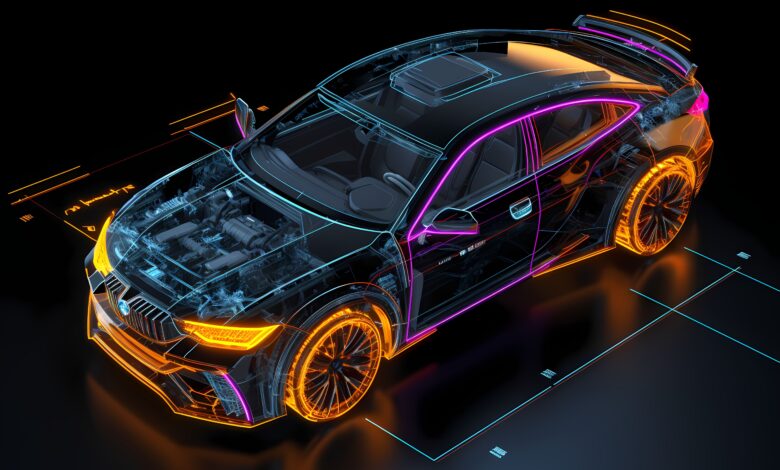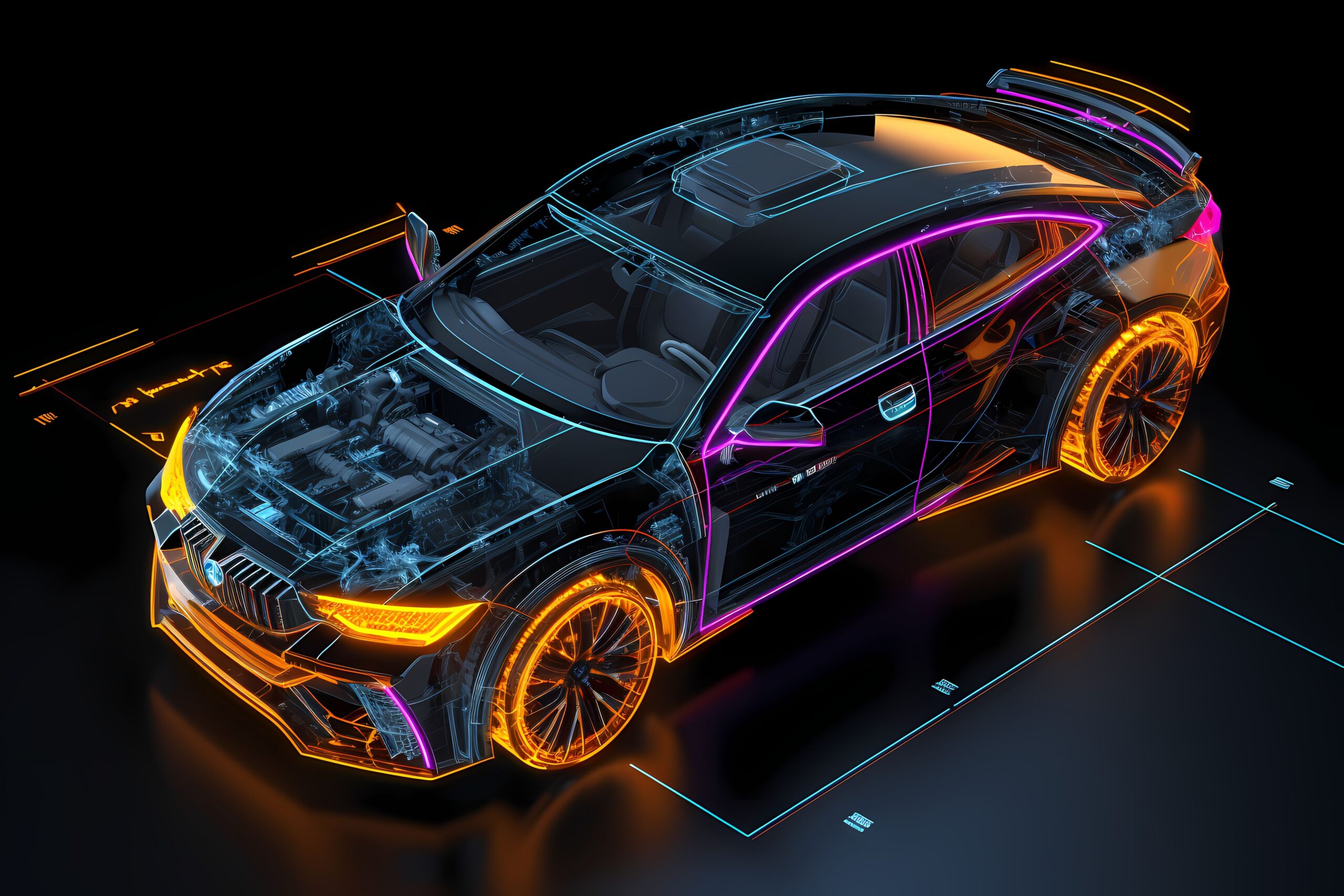
Global automotive companies increasingly view India as a strategic hub for R&D and innovation. Today, India hosts over 60 automotive Global Capability Centres (GCCs) employing around 110,000 engineers. These centres, once focused on cost-saving functions, have matured into end-to-end innovation hubs. India’s skilled workforce and cost advantages now fuel progress in electric vehicles (EVs), software-defined vehicles (SDVs), and hydrogen technologies. Major tech metros like Pune, Bengaluru, and Chennai account for over 85% of auto-GCC employment. Notably, 20% of India’s auto GCCs were set up in just the past three years, indicating robust growth.
Global Automotive Giants Tapping India’s Talent
Bosch
Bosch operates its largest R&D network outside Germany in India. With centres in Pune, Hyderabad, Coimbatore, and Bengaluru, its software arm BGSW is set to house 3,000 engineers in Pune by 2025. Bosch is investing in Centers of Excellence (CoE) focused on powertrain, steering, e-mobility, ADAS, and digital cockpit development.
Stellantis
Stellantis, parent company of Jeep and Citroën, calls India a “key pillar” of its global strategy. It employs about 2,500 people across its Hyderabad ICT hub, Bengaluru software centre, and R&D labs in Chennai and Pune. These sites engineer and export engines, gearboxes, and vehicles.
Continental
In 2022, Continental launched a new ₹1,000 crore (US$119M) campus in Bengaluru. Spanning 1 million sq. ft., it can accommodate 6,500 engineers, making it one of the company’s largest R&D facilities worldwide.
ZF Lifetec
ZF’s safety division inaugurated a 30,000 sq. ft. GCC in Hyderabad in 2024 with 200 engineers, planning to double headcount. It supports global passive safety programs.
Marelli
Marelli’s Bengaluru centre, launched in 2022, is focused on embedded software for EV and ICE powertrains, lighting systems, and cockpit electronics. The team is expected to grow to 600 engineers.
Others like Ford, Hyundai, Mercedes-Benz, BMW, Volvo, and BorgWarner are also expanding their R&D presence in India.
Next-Gen Innovation Areas
Indian GCCs are actively developing future-ready technologies:
- Electric and Hybrid Powertrains: Battery management systems, power electronics
- Software-Defined Vehicles (SDVs): Embedded systems, infotainment, vehicle connectivity
- ADAS and Autonomous Systems: Sensor integration, safety features, real-time AI
- AI/ML and Digital Twins: Simulation and predictive maintenance
- Hydrogen and Alt-Fuels: Low-emission technologies
About 36% of auto-GCCs focus on core ER&D, while 20% engage in advanced innovation. These capabilities position Indian centres as global development partners, not just support teams.
India’s Engineering Talent Pool
India’s biggest advantage is its vast STEM workforce. Projections estimate 18 million STEM graduates annually by 2027. Indian engineers are fluent in English and adept at international standards and tools, offering 24/7 productivity at competitive costs. As a result, nearly half of the world’s GCC headcount is based in India, with automotive players particularly active in metro and Tier-1 cities.
Policy Environment Fostering Growth
India’s government has rolled out sector-specific initiatives:
- FAME Scheme: Promotes EV adoption
- PLI for Auto Components: Encourages localization of advanced tech
- National EV Policy: Supports manufacturing and R&D
- NITI Aayog’s Vision 2030: Targets tripling auto production ($145B) and doubling exports ($60B)
Karnataka’s new GCC policy aims to attract 500 new centres and 350,000 jobs by 2029 through incentives like rental subsidies, skilling support, and grants. Other states like Maharashtra and Uttar Pradesh are following suit. Infrastructure investments in 5G, IT parks, and testing labs (ARAI, NATRAX) also enhance India’s competitiveness.
Future Outlook: India as a Mobility Powerhouse
Projections show India’s automotive GCC workforce will grow to 300,000 by 2030, generating $9 billion in revenue. With global OEMs expanding India-led programs in EVs, SDVs, and digital mobility, the country is transitioning from an assembly location to a global design and innovation hub.
India’s automotive GCCs are no longer hidden back offices. They are driving global mobility—conceptualizing, engineering, and delivering the vehicles and mobility tech of tomorrow.
Sources:
-
-
- PwC reports
- NASSCOM and Zinnov data
- Government of India (NITI Aayog, PIB)
- Company announcements from Bosch, Stellantis, Continental, Marelli, ZF
-






